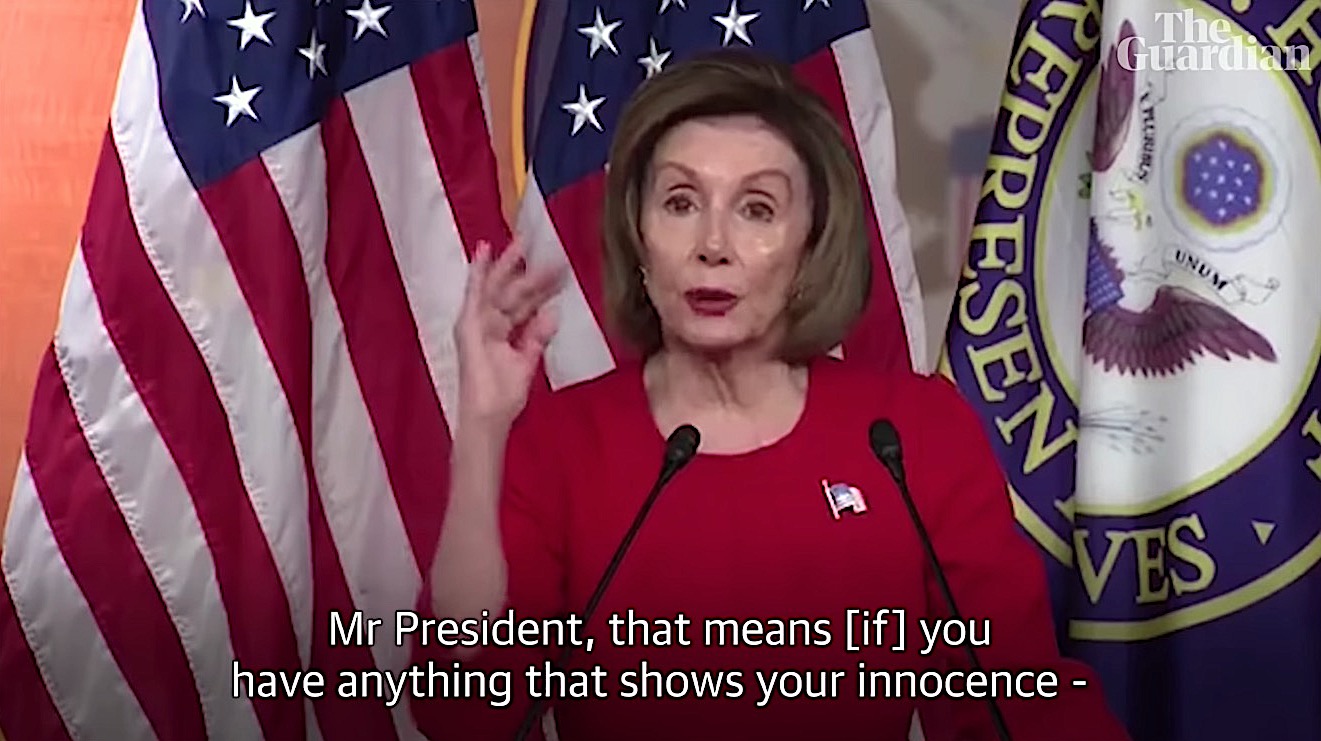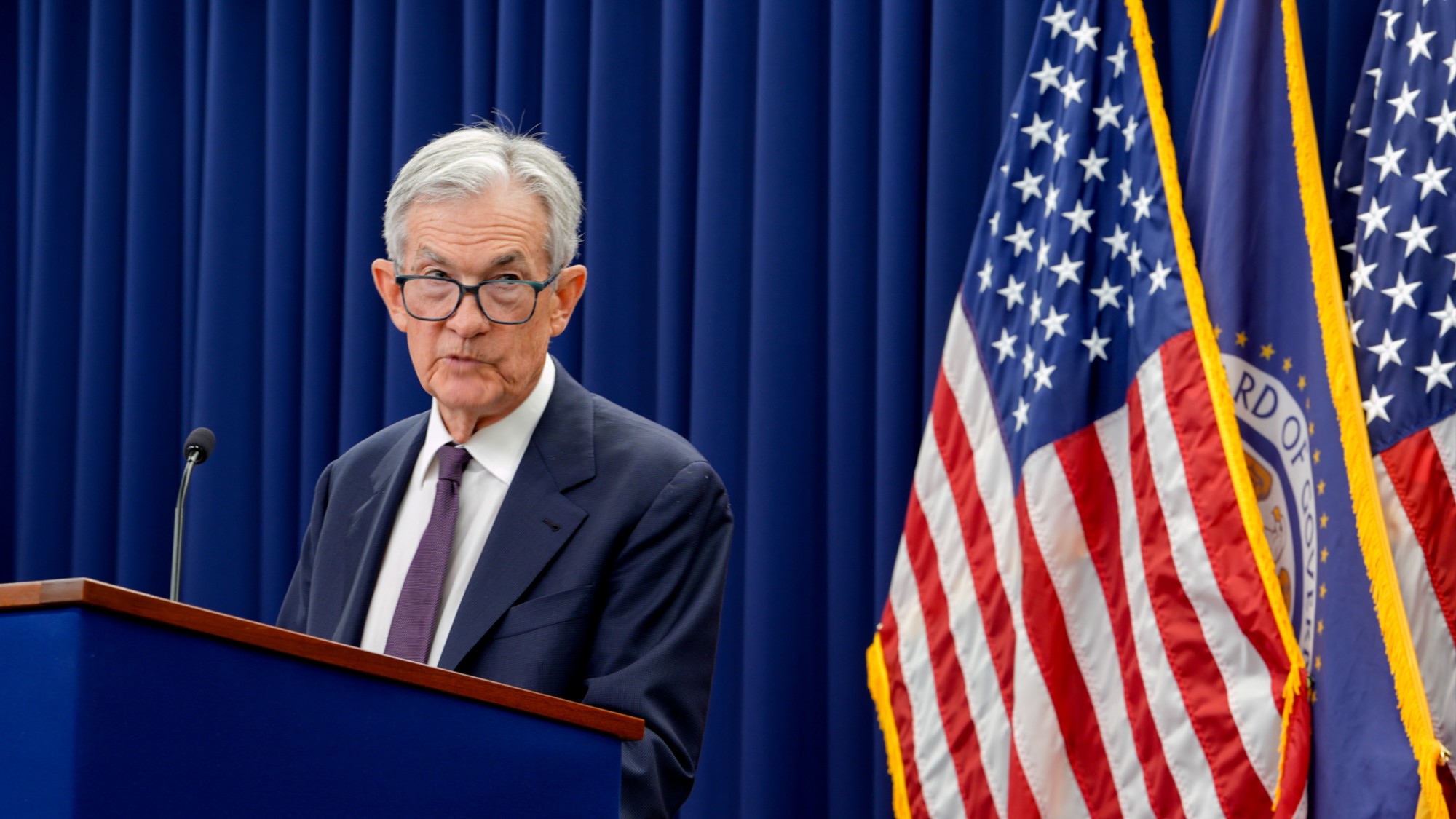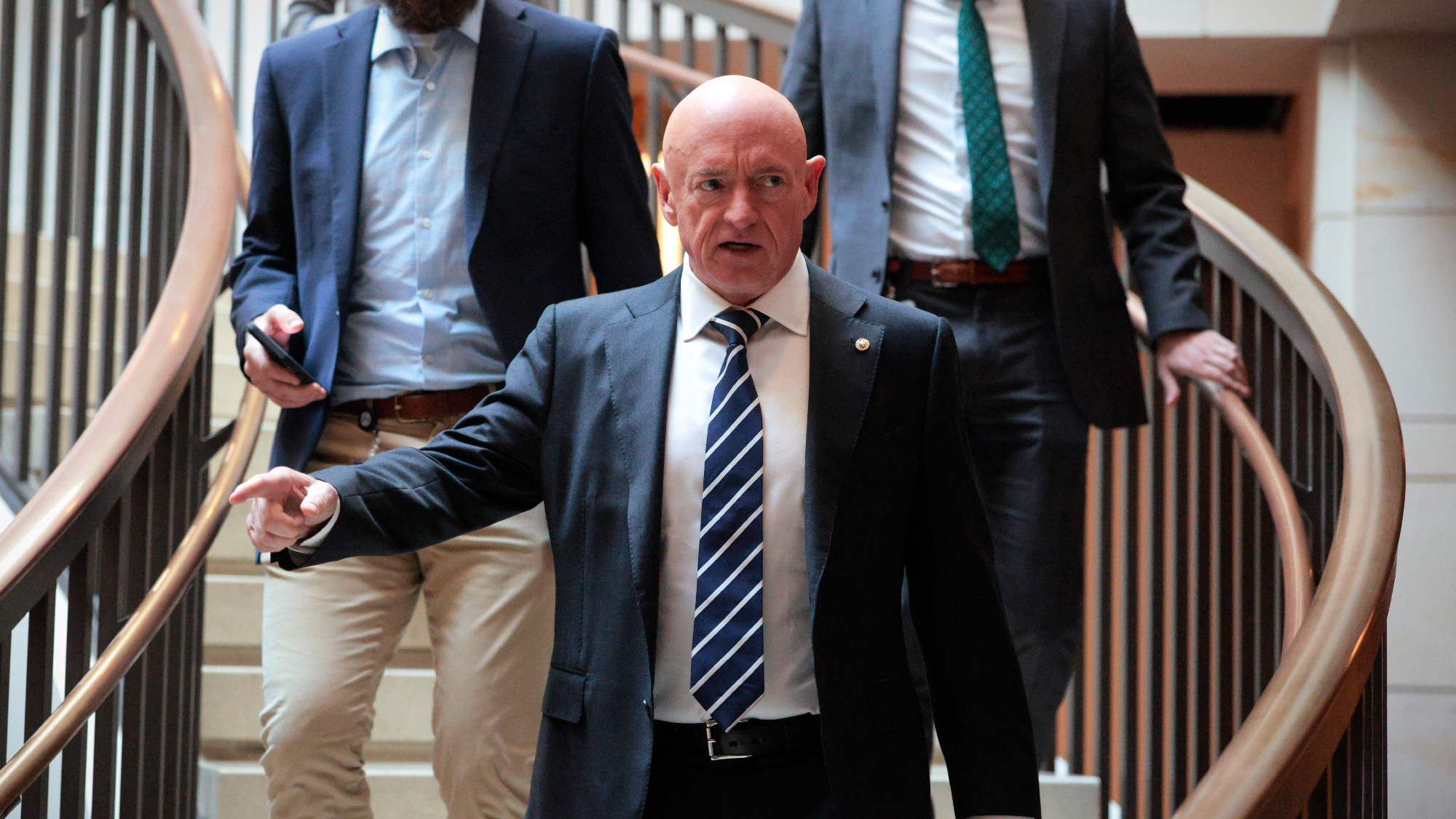Nancy Pelosi can't stop explaining to Trump what 'exculpatory' means


House Speaker Nancy Pelosi (D-Calif.) made a linguistic shift from "quid pro quo" to "bribery" last week. She explained at a press conference Friday that when discussing the possible impeachment of President Trump, often "we're talking Latin around here," from "'E Pluribus Unum,' from many one," to "quid pro quo," but "bribery" is actually "in the Constitution attached to the impeachment proceedings." It is also English, which is helpful for explaining things to an English-speaking electorate. But in the same press conference, Pelosi dipped into Latin derivatives — and then explained what she meant to an audience of one.
"If the president has something that is exculpatory — Mr. President, that means you have anything that shows your innocence — then he should make that known and that's part of the inquiry. And so far, we haven't seen that, but we welcome it."

Pelosi, like any Catholic who grew up before Vatican II, could probably figure out what "exculpatory" means without having to consult a dictionary, but she is likely right to assume that Trump, raised in the Presbyterian tradition, has never uttered the phrase mea maxima culpa. So in an interview with CBS's Margaret Brennan for Sunday's Face the Nation, she broke down "exculpatory" into its Latin roots for any president who might be watching. If Trump "has information that is exculpatory — that means ex, taking away, culpable, blame — then we look forward to seeing it," Pelosi explained.
The Week
Escape your echo chamber. Get the facts behind the news, plus analysis from multiple perspectives.

Sign up for The Week's Free Newsletters
From our morning news briefing to a weekly Good News Newsletter, get the best of The Week delivered directly to your inbox.
From our morning news briefing to a weekly Good News Newsletter, get the best of The Week delivered directly to your inbox.

In both interviews, Pelosi also argued that Trump has already admitted to offenses worse than those that drove Richard Nixon to resign. So perhaps she is hoping that Trump, confronted with the prima facie evidence of his actus reus, will reflect on his culpability ex post facto, when he is president emeritus.
A free daily email with the biggest news stories of the day – and the best features from TheWeek.com
Peter has worked as a news and culture writer and editor at The Week since the site's launch in 2008. He covers politics, world affairs, religion and cultural currents. His journalism career began as a copy editor at a financial newswire and has included editorial positions at The New York Times Magazine, Facts on File, and Oregon State University.
-
 Which way will Trump go on Iran?
Which way will Trump go on Iran?Today’s Big Question Diplomatic talks set to be held in Turkey on Friday, but failure to reach an agreement could have ‘terrible’ global ramifications
-
 High Court action over Cape Verde tourist deaths
High Court action over Cape Verde tourist deathsThe Explainer Holidaymakers sue TUI after gastric illness outbreaks linked to six British deaths
-
 The battle over the Irish language in Northern Ireland
The battle over the Irish language in Northern IrelandUnder the Radar Popularity is soaring across Northern Ireland, but dual-language sign policies agitate division as unionists accuse nationalists of cultural erosion
-
 Trump sues IRS for $10B over tax record leaks
Trump sues IRS for $10B over tax record leaksSpeed Read The president is claiming ‘reputational and financial harm’ from leaks of his tax information between 2018 and 2020
-
 Trump, Senate Democrats reach DHS funding deal
Trump, Senate Democrats reach DHS funding dealSpeed Read The deal will fund most of the government through September and the Department of Homeland Security for two weeks
-
 Fed holds rates steady, bucking Trump pressure
Fed holds rates steady, bucking Trump pressureSpeed Read The Federal Reserve voted to keep its benchmark interest rate unchanged
-
 Judge slams ICE violations amid growing backlash
Judge slams ICE violations amid growing backlashSpeed Read ‘ICE is not a law unto itself,’ said a federal judge after the agency violated at least 96 court orders
-
 Rep. Ilhan Omar attacked with unknown liquid
Rep. Ilhan Omar attacked with unknown liquidSpeed Read This ‘small agitator isn’t going to intimidate me from doing my work’
-
 Democrats pledge Noem impeachment if not fired
Democrats pledge Noem impeachment if not firedSpeed Read Trump is publicly defending the Homeland Security secretary
-
 The billionaires’ wealth tax: a catastrophe for California?
The billionaires’ wealth tax: a catastrophe for California?Talking Point Peter Thiel and Larry Page preparing to change state residency
-
 Hegseth moves to demote Sen. Kelly over video
Hegseth moves to demote Sen. Kelly over videospeed read Retired Navy fighter pilot Mark Kelly appeared in a video reminding military service members that they can ‘refuse illegal orders’
